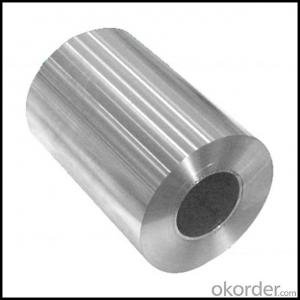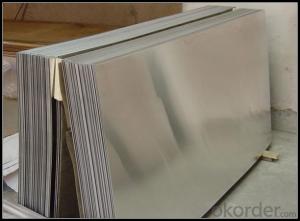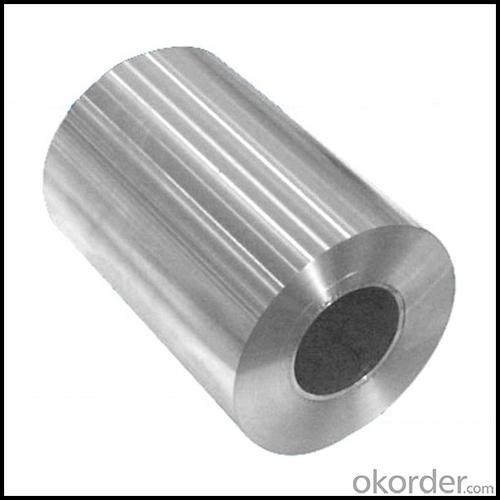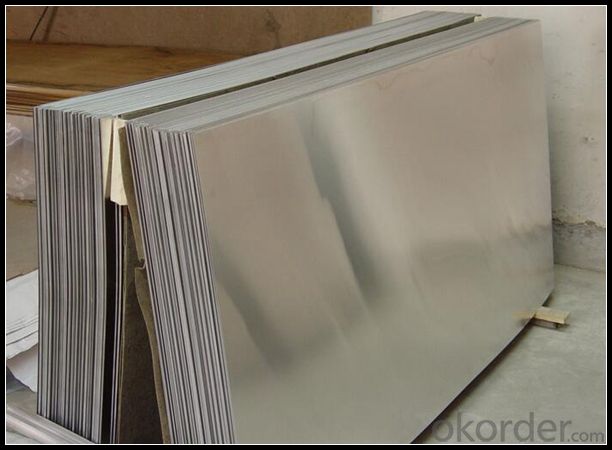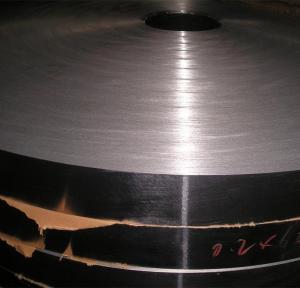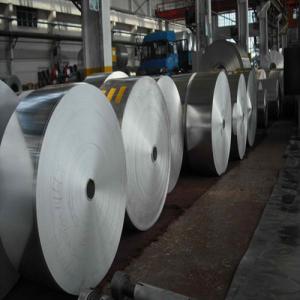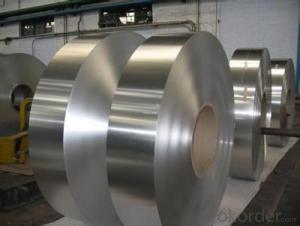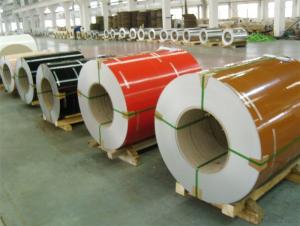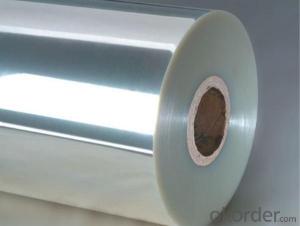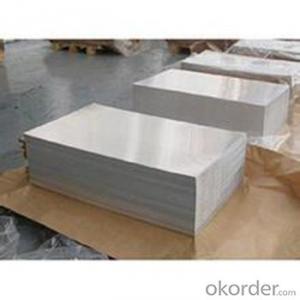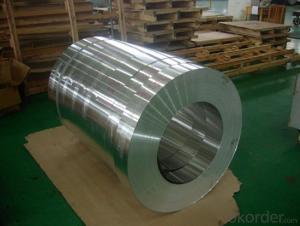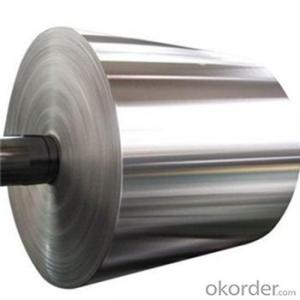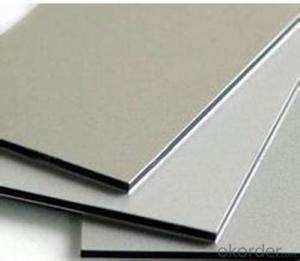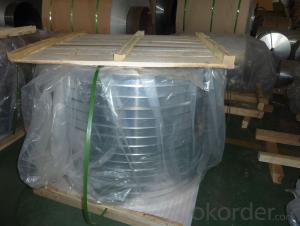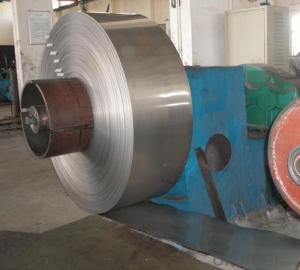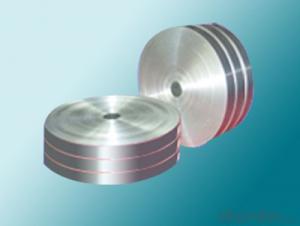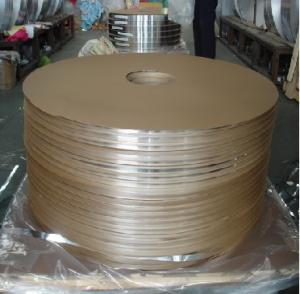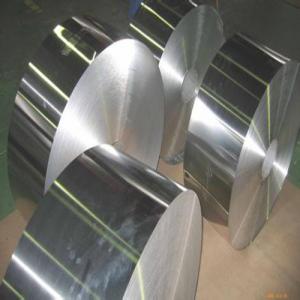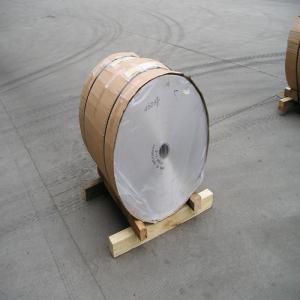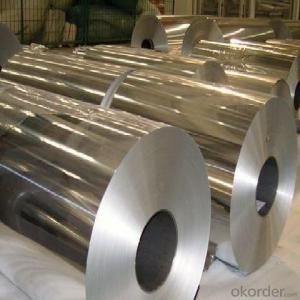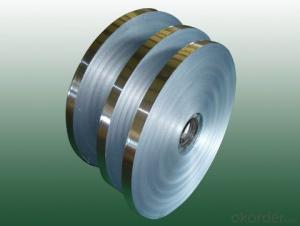Flexible Aluminum Strips for Building with Best Quality at Factory Price
- Loading Port:
- Tianjin
- Payment Terms:
- TT OR LC
- Min Order Qty:
- 1 m.t.
- Supply Capability:
- 4999 m.t./month
OKorder Service Pledge
OKorder Financial Service
You Might Also Like
Specification
1. Specification of Aluminum
1) Alloy | 1050, 1060,1100, 3003 3004 3105 3005 5005 5052 etc |
2) Temper | O/H12/H14/H1/H18/H32/H34/H36/H38//H111/H112/H116/H321/T6/T651/T3/T351 etc |
3) Thickness | 0.1mm to 6mm |
4) Width | 20mm to 3300mm |
5) Coil weight | 100kgs to 6 tons depends on actual requirement |
6) Core material | Aluminum alloy |
7) Coil Inner diameter | 76mm, 152mm,or as required |
2. Application of Aluminum
(1).Oil and petrochemical industries (i.e. tools for use in non-sparking environments
(2).Exterior: wall cladding, facades, roofing, canopies, tunnels,column covers , renovations...
(3).Advertisement: display platforms, signboards, fascia, shop fronts...
(4).Interior: wall cladding, ceilings, bathrooms, kitchens and balconies, shutters, doors...
3. Feature of Aluminum
Aluminium is remarkable for the metal's low density and for its ability to resist corrosion due to the phenomenon of passivation. Structural components made from aluminium and its alloys are vital to the aerospace industry and are important in other areas of transportation and structural materials, such as building facades and window frames.
Be free from Oil Stain, Dent, Inclusion, Scratches, Stain, Oxide Dicoloration, Breaks, Corrosion, Roll Marks, Dirt Streaks and other defect which will interfere with use
4. Certificate:
SGS and ROHS(if client request, paid by client), MTC(plant provided), Certificate of Origin(FORM A, FORM E, CO), Bureau Veritas and SGS (if client request, paid by client), CIQS certificate
5. Image of Aluminum
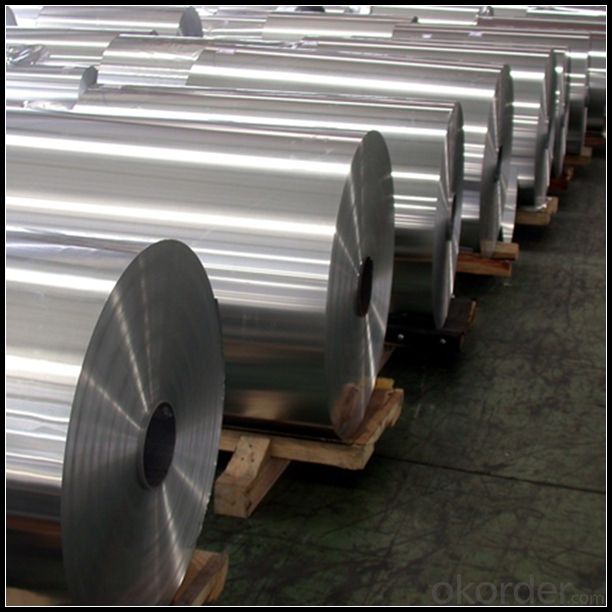
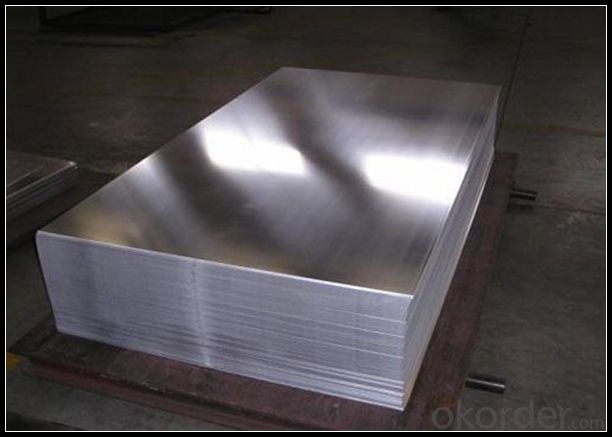
6. Our Service
1. Reply your enquiry in 24 working hours. |
2. OEM, buyer design, buyer label services provided. |
3. Exclusive and unique solution can be provide to our customer by our well traned and professional engineers and staffs. |
4. We can provide free sample for your check |
5. We have the certification of ISO 9001 |
6. Timely delivery |
7. Special discount and protection of sales area provided to our distributor. |
8. Good after-sale service. |
7. FAQ
Q: What is the produce prase? | ||||
A: Normally it would be 40days after received your deposit. | ||||
Q: Can you provide free samples? | ||||
A: Yes, free samples will be sent to you on freight at destination. | ||||
Q: Can I get your latest catalogue? | ||||
A: Yes, it will be sent to you in no time. | ||||
Q: What is the MOQ? | ||||
A: 3 tons | ||||
Q: What are your payment terms? | ||||
A: We accept L/C, D/A, D/P, T/T, West Union,etc. |
- Q: This question asks about the various applications of aluminum strips within the construction industry.
- <p>Aluminum strips are used in construction for a variety of purposes. They are commonly used in curtain wall systems for their lightweight and high-strength properties, providing structural support while maintaining transparency. Aluminum strips are also used in window and door frames for their durability and resistance to corrosion. In addition, they are utilized in roofing systems for their ability to withstand weather conditions and for their energy efficiency. Furthermore, aluminum strips are employed in electrical wiring and conduits due to their excellent conductivity and resistance to electrical corrosion. They are also used in the fabrication of various construction tools and equipment. Overall, aluminum strips are valued for their versatility, strength, and resistance to wear and tear in the construction industry.</p>
- Q: 25 square metres of aluminium wire. Can you bring up 4 sets of two air conditioners?
- No problem at all. The connector of power line must be connected and fastened. Each air conditioner can use 4 square aluminum core.
- Q: Is it possible to utilize aluminum strips in a construction project focused on sustainability and environmental responsibility?
- <p>Yes, you can use aluminum strips for a green building project. Aluminum is a versatile and sustainable material due to its recyclability and low energy consumption in production. It also has a high strength-to-weight ratio, which can contribute to the energy efficiency of a building. However, it's important to consider the source of the aluminum and ensure it is produced with minimal environmental impact. Using recycled aluminum can further enhance the green credentials of your project.</p>
- Q: This question asks for the duration aluminum strips can last or their service life.
- <p>The lifespan of aluminum strips can vary significantly based on factors such as the environment in which they are used, the quality of the material, and the specific application. In general, if properly maintained and not exposed to harsh conditions, aluminum strips can last for several decades. For instance, in construction, aluminum strips used in framing can have a lifespan of 20 to 40 years. However, in more aggressive environments or with frequent wear and tear, this lifespan can be considerably shorter. It's important to note that aluminum is a recyclable material, and its lifespan can be extended through recycling processes.</p>
- Q: This question asks about potential dangers associated with using aluminum strips in a residential setting.
- <p>Using aluminum strips in a home can pose several safety issues. Firstly, aluminum is a good conductor of electricity, so if it comes into contact with live electrical wires, it can cause short circuits or even electrocution. Secondly, aluminum strips can be sharp and may cause cuts or injuries if handled improperly. Additionally, aluminum dust can be harmful if inhaled, potentially causing respiratory issues. Lastly, in the event of a fire, aluminum can melt and release toxic fumes, posing a significant health risk. It's crucial to handle aluminum strips with care and ensure they are used in a safe manner, away from electrical sources and in a well-ventilated area.</p>
- Q: Explain the relationship between aluminum strips and aluminum foil, including their similarities and differences.
- <p>Aluminum strips and aluminum foil are both made from the same material, aluminum, but they differ in their form and thickness. Aluminum strips are typically thin, flat pieces of aluminum that are longer and narrower compared to aluminum foil. They are often used in industrial applications, such as in the manufacturing of electrical components or as a conductive material in various devices. Aluminum foil, on the other hand, is much thinner and is commonly used in cooking, food storage, and packaging due to its high barrier properties against air and moisture. While aluminum strips may be thicker and more rigid, aluminum foil is lightweight and flexible, making it suitable for a wide range of consumer and household uses.</p>
- Q: Is it possible to use aluminum strips as a material for exterior wall cladding?
- <p>Yes, aluminum strips can be used for exterior cladding. They are known for their durability, resistance to corrosion, and low maintenance requirements. Aluminum cladding is lightweight, which makes it easier to install compared to heavier materials. It also offers excellent weather resistance and can be painted or finished in various ways to enhance the appearance of a building. Additionally, aluminum is a sustainable choice as it can be recycled, contributing to environmental sustainability.</p>
- Q: Is it possible to utilize aluminum strips in environments with high temperatures?
- <p>Aluminum strips can be used in high-temperature environments, but their performance and longevity depend on the specific conditions and the alloy type. Pure aluminum has a melting point of 660掳C (1220掳F), but aluminum alloys can be designed to withstand higher temperatures. For instance, some aluminum alloys are used in aerospace and automotive applications where they experience high temperatures. However, prolonged exposure to high temperatures can lead to material degradation, so it's crucial to select the right alloy and consider the temperature limits specified by the manufacturer for the intended application.</p>
- Q: What types of aluminum strips are best suited for solar panel applications?
- <p>Yes, there are specific types of aluminum strips that are particularly suitable for use in solar panels. These include high-purity aluminum strips with low iron content, which are known for their excellent electrical conductivity and corrosion resistance. They are often used as busbars in solar cells to collect and transmit the generated electrical current. Additionally, aluminum strips with a high-strength alloy composition are used for structural support and frame components in solar panels due to their lightweight and durability. These aluminum strips are engineered to withstand harsh environmental conditions and maintain their integrity over the long lifespan of the solar panel.</p>
- Q: What are the various color options for aluminum strips?
- <p>Aluminum strips are available in a variety of colors to suit different applications and aesthetic preferences. Common colors include natural silver, which is the standard mill finish, black, white, and clear anodized for a protective and decorative finish. Other colors like gold, bronze, and various shades of blue, green, and red are also offered by some manufacturers. Custom colors can be achieved through anodizing or powder coating processes, allowing for a wide range of color options to meet specific design requirements.</p>
Send your message to us
Flexible Aluminum Strips for Building with Best Quality at Factory Price
- Loading Port:
- Tianjin
- Payment Terms:
- TT OR LC
- Min Order Qty:
- 1 m.t.
- Supply Capability:
- 4999 m.t./month
OKorder Service Pledge
OKorder Financial Service
Similar products
Hot products
Hot Searches
Related keywords
